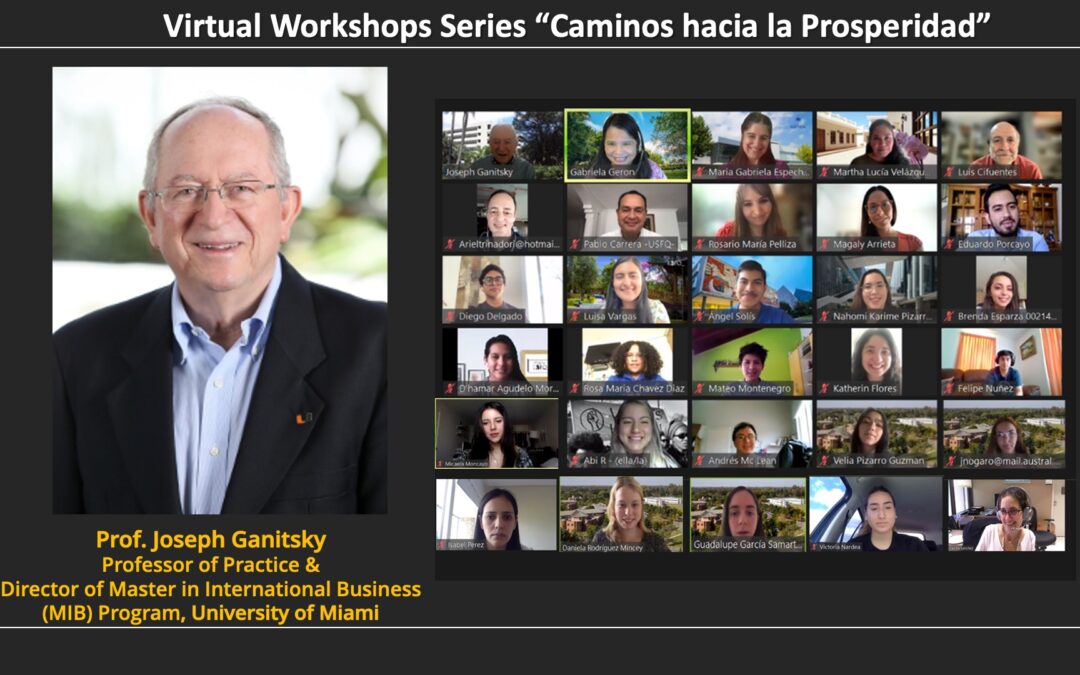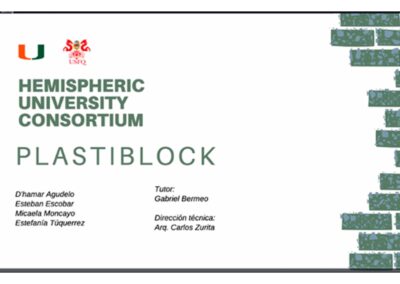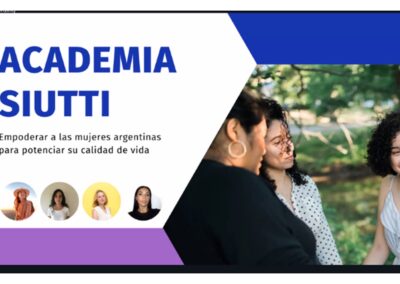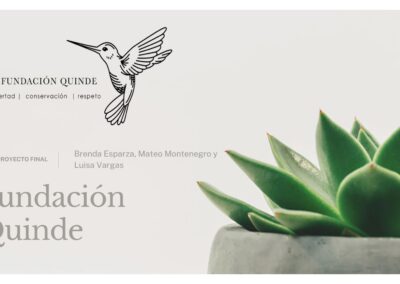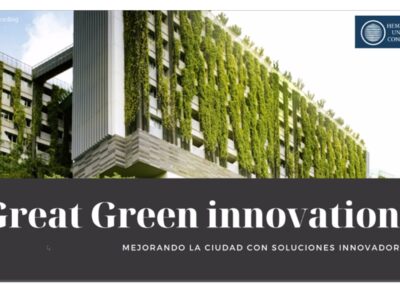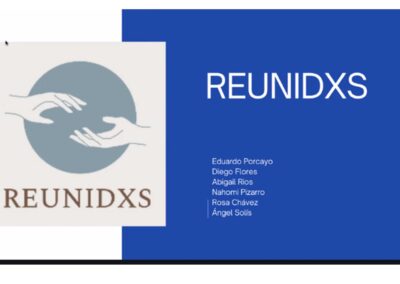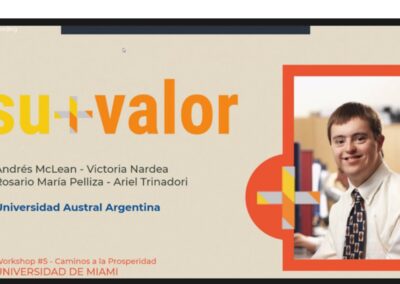In December, students from across the Americas successfully culminated a year-long learning journey after participating in the “Pathway to Prosperity” workshop series sponsored by the Hemispheric University Consortium. They left the program equipped with the skill set to enable social impact in their communities and empowered with the knowledge that change is within their reach.
Students presented with great passion their social entrepreneurship projects. These incorporated the valuable skills, innovative know-how, frameworks, and perspectives that they had gained in the programs five workshops: Social Innovation in Community Economic Projects, Person-Centered Strategic Design for Social Innovation, Social Entrepreneurship for A More Just Society, Innovation and Entrepreneurship Guidelines, and Innovation in Business Strategy. In the first four workshops students, organized in inter-disciplinary and cross-national teams, immersed in community projects to address real challenges faced by companies, governments, and non-profit organizations. They partnered with cooperatives in Chiapas, Mexico; social start-ups in rural Argentina; small ecological enterprises in Chile, and technological start-ups in Ecuador.
During the final workshop, under the leadership of UM’s Dr. Joseph Ganitsky, teams of students from the same institution, incorporating their newly acquired skills, knowledge, and expertise, and leveraging their relationships with local stakeholders, undertook their final social entrepreneurship project. Team members, after identifying a key social challenge that they had a passion for and thought they could make a difference, explored and defined the characteristics and main actors of the related ecosystem, the actors’ pains, and the solutions/value propositions that the project would deliver. These solutions–based on the orchestrated contributions of the new venture’s main partners and the activities and resources of the startup– were linked to a short-term action plan and a long-term vision. The following is the nature of these projects.
- PlastiBlock – Recycling plastic waste into construction blocks for affordable housing, Quito, Ecuador
- Collective Por Las Aves – Protecting environment for bird conservation and tourism promotion, Quito, Ecuador
- Great Green Innovation – Recycle water for roof/vertical gardens, improving environment, Santiago, Chile
- Reunidxs – Social Entrepreneurship Platform matching talent, volunteers, NGOs, ad startups, Chiapas, Mexico
- Su+Valor – Matching Special Needs Individuals and their families to employers and jobs, Buenos Aires, Argentina
- Academic Siutti – Psychological and entrepreneurial support for unemployed women, Buenos Aires, Argentina
Feedback was provided to all teams by the following faculty and international staff from the Consortium partners: Martha Lucia Velázquez, Tecnológico de Monterrey (Mexico); Maria Gabriela Espeche, Universidad Austral (Argentina); Pablo Carrera, Universidad San Francisco de Quito (Ecuador), Luis Cifuentes (Pontificia Universidad Católica de Chile), and Joseph Ganitsky (University of Miami). This project would have not been possible if it were not for Gabriela Geron’s leadership, and Cecilia Sanchez’ administrative support, both of the University of Miami.

